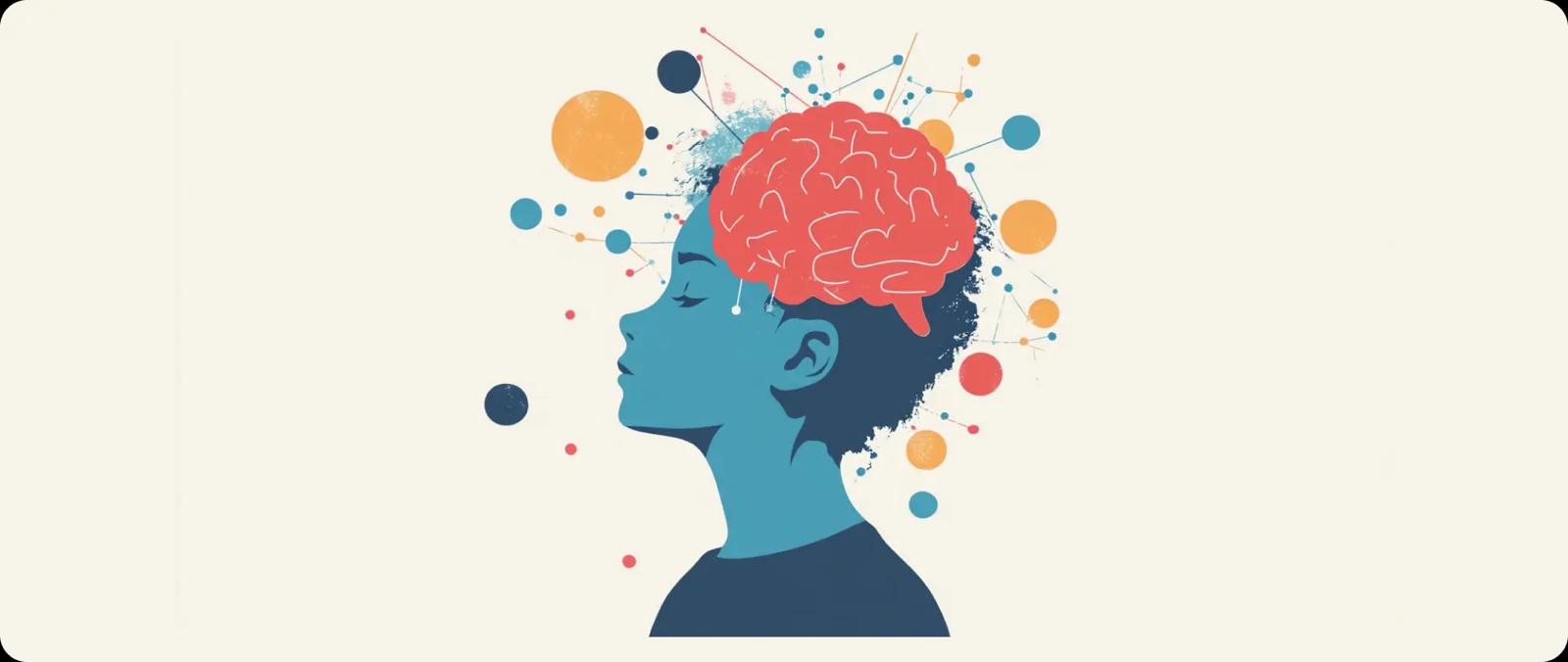 Image Source: Elevate App
Image Source: Elevate App
Enhancing brain function and becoming smarter is a goal many aspire to, and the good news is that science confirms our brains are adaptable and can improve throughout life. Neuroscience research and large-scale clinical studies show that everyday habits—from physical activity to mental challenges—can sharpen memory, boost problem-solving skills, and slow cognitive decline. This newsletter uncovers seven key science-backed brain habits that promote smarter thinking and healthier cognition, supported by the latest evidence from top medical and research organizations.
Key Habit 1: Engage in Regular Physical Exercise
Physical activity is a cornerstone for a healthy brain. Studies indicate that aerobic exercises like walking, swimming, and cycling improve blood flow to the brain, stimulate the growth of new neural connections, and enhance memory recall and executive function. For instance, research involving older adults found that consistent aerobic workouts increased cognitive scores and even reversed age-related cognitive decline by 1-2 years. Notably, exercise engages multiple brain regions simultaneously, requiring mental focus and coordination, which further strengthens brain plasticity. Experts recommend at least 150 minutes of moderate exercise weekly to maximize cognitive benefits.
Key Habit 2: Prioritize Sufficient Sleep
Sleep is an essential brain function restorative process. Neuroscientific studies emphasize that 6 to 8 hours of quality sleep are crucial for memory consolidation, where short-term memories are transformed into stable long-term knowledge. Sleep deprivation disrupts this process, impairing focus, learning, and decision-making. Research from University College London correlates better memory performance with at least six hours of sleep per night and highlights increased risk for dementia among those with chronic sleep deficits. Establishing a consistent sleep routine nurtures brain health and cognitive resilience.
Key Habit 3: Cultivate Mental Stimulation and Continuous Learning
The brain thrives on cognitive challenges and novel learning. Engaging in activities such as reading, learning a new language or musical instrument, solving puzzles, and expressive writing fosters neural growth and connectivity. Multiple studies demonstrate that mentally stimulating hobbies improve problem-solving, attention, and memory. The concept of brain plasticity asserts that ongoing learning keeps circuits flexible and robust. Experts advise setting aside daily time for such stimulating practices to build cognitive reserve and protect against age-related decline.
Key Habit 4: Maintain a Heart-Healthy Diet Rich in Brain Nutrients
Dietary patterns significantly impact cognitive health. Nutrient-rich foods such as leafy greens, berries, nuts, whole grains, and lean proteins support brain function by reducing inflammation and oxidative stress. The Mediterranean or DASH diets, focusing on fruits, vegetables, and omega-3 fatty acids, have been linked to slower cognitive decline and reduced risk of dementia. Antioxidants found in blueberries, for example, have been shown in clinical trials to slow memory loss. Avoiding processed foods and limiting sugar intake further supports optimal brain performance.
Key Habit 5: Foster Social Connections and Positive Interactions
Social engagement not only enriches emotional well-being but also stimulates cognitive processes. Research suggests that meaningful social interactions contribute to better memory and executive function while reducing risk of cognitive deterioration. Isolation and loneliness are associated with accelerated brain aging. Regularly connecting with friends, family, or community groups exercises communication, empathy, and problem-solving skills. Social activities combined with mental and physical engagement yield maximal brain benefits.
Key Habit 6: Manage Stress and Prioritize Mental Wellness
Chronic stress negatively affects the brain by impairing memory and altering brain structure, particularly in the hippocampus. Evidence advises practices such as mindfulness meditation, deep breathing exercises, and adequate relaxation to lower stress hormones and protect cognitive function. Psychological well-being is a vital component of brain health, enhancing attention, learning, and emotional regulation. Incorporating mental wellness habits daily reduces cognitive fatigue and supports smarter brain function.
Key Habit 7: Take Regular Breaks and Avoid Overstimulation
Modern lifestyles often involve prolonged screen time, which can overstimulate areas of the brain responsible for focus and decision-making. Neuroscience research shows that taking short breaks—about 10 minutes every hour—from screen exposure rejuvenates cognitive energy and improves sustained attention. Breaks allow the prefrontal cortex to recover, preventing mental depletion. Simple activities like walking, stretching, or switching tasks can refresh the brain and enhance productivity.
Conclusion
Integrating these seven science-backed brain habits into daily routines empowers individuals to enhance cognitive abilities, improve memory, and maintain mental agility throughout life. While genetics and age influence brain health, intentional lifestyle choices strongly modulate cognitive trajectories. By embracing physical exercise, quality sleep, mental stimulation, balanced nutrition, social engagement, stress management, and mindful breaks, everyone can cultivate smarter brains and more fulfilling mental performance.
Sources: American Journal of Geriatric Psychiatry, Harvard Health Publishing
Advertisement
Advertisement



